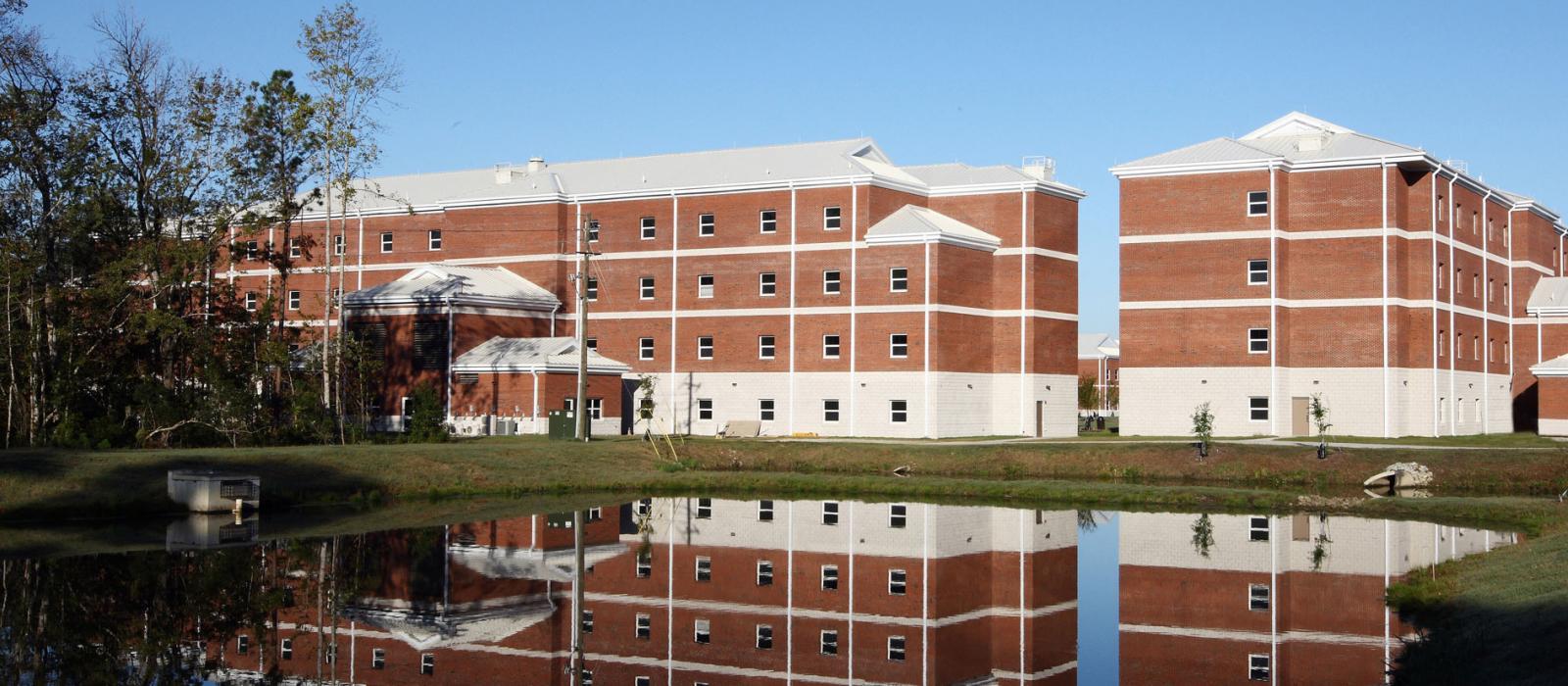Marines and their families were exposed to toxic chemicals in the water at Camp Lejeune.
Between August 1953 and December 1987, as many as one million service members, civilians, and their families who lived and worked at Camp Lejeune and the surrounding area were exposed to toxic chemicals in polluted drinking water. The water at Camp Lejeune was found to have 3,000x the safe limit of a toxic chemical that causes cancer.
Until now, it has been difficult to seek compensation for toxic water injuries. North Carolina has a strict law that prevents those harmed by exposure to the toxic water at Camp Lejeune from taking legal action.
That law, a statute of repose, essentially prevents a victim from seeking compensation if more than ten years have passed since the exposure. However, a new federal bill – the Camp Lejeune Justice Act of 2022 – rectifies this injustice.

As a result of the bill, those harmed by contaminated water at Camp Lejeune will be able to bring claims for personal injury and wrongful death in U.S. federal court to recover compensatory damages.
The bill also permits the representation of a person who was exposed to contaminated water at Camp Lejeune to bring a claim on behalf of their loved one. This is particularly relevant for those who have family members that have become ill or passed away due to illnesses caused by exposure to contaminated water.
What Areas At Camp Lejeune Were Affected?
Besides the main base, there were six satellite facilities that were affected:
Marine Corps Air Station New River, Camp Geiger, Stone Bay, Courthouse Bay, Camp Johnson and the Greater Sandy Run Training Area
Resident commands at Camp Lejeune include:
Marine Expeditionary Force, Marine Corps Forces Special Operations Command, 2nd Marine Division, 2nd Marine Logistics Group, 2nd Marine Expeditionary Brigade, 22nd Marine Expeditionary Unit, 24th Marine Expeditionary Unit, 26th Marine Expeditionary Unit, 2nd Reconnaissance Battalion, 2nd Intelligence Battalion and Marine Corps Installations East
What Were The Side Effects From The Contaminated Water?
There were four main toxic chemicals that people were exposed to: trichloroethylene (TCE), tetrachloroethylene (PCE), vinyl chloride (VC) and Benzene, as well as 70 secondary chemicals. These chemicals can cause headaches, lack of coordination, sensory disturbances, confusion, depression, tension, trouble concentrating, ADHD, slower reaction time, and brain damage.
Anyone who lived, worked or was stationed at Camp Lejeune (or the six satellite facilities) between August 1, 1953 and December 31, 1987 for a total of 30-days or more AND have one or more of the following medical conditions were potentially affected.
|
Bladder cancer |
Kidney cancer |
Liver cancer |
|
Breast cancer |
Lung cancer |
Cervical cancer |
|
Esophageal cancer |
Pancreatic cancer |
Ovarian cancer |
|
Prostate cancer |
Rectal cancer |
Brain Cancer |
|
Leukemia |
Multiple Myeloma |
Non-Hodgkin’s Lymphoma |
|
Cardiac defects |
Aplastic anemia |
ALS - Lou Gehrig’s Disease |
|
Brain damage |
Fatty liver disease |
Neurobehavioral effects |
|
Renal toxicity/disease |
Scleroderma |
Parkinson’s Disease |
|
Epilepsy |
Female Infertility |
Kidney damage |
|
Immune disorders |
Miscarriage |
Myelodysplastic syndromes |
|
Nerve damage |
Other chronic disease |
Other nagging illness |
Mothers who were pregnant at Camp Lejeune may also be entitled to compensation if their children suffered birth defects or other complications.

